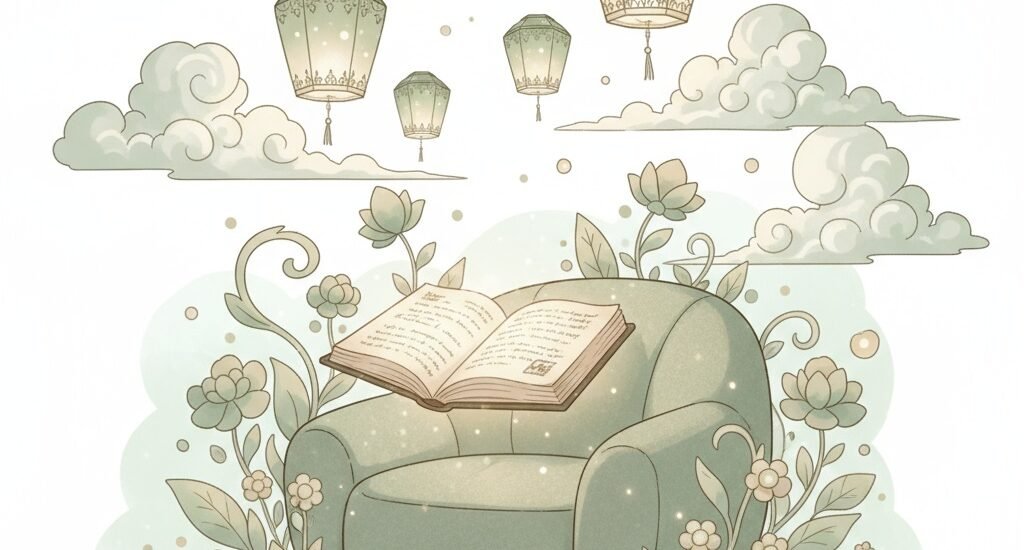- Access the public content.
- Get 3 chapters of I Farm In The Apocalypse before the public release.
- Access to the members-only WordPress discussion forum
- Get 6 chapters of I Farm In The Apocalypse before the public release.
- Access to the members-only WordPress discussion forum
- Get 10 chapters of I Farm In The Apocalypse before the public release.
- 5% discount on official merchandise.
- Access to the members-only WordPress discussion forum
Got Questions?
We’ve got answers to your burning questions!

What is the membership program?
Our membership program gives you access to exclusive light novel content, and a vibrant community of fellow enthusiasts! It’s designed for people who love light novels and want to engage with others who feel the same.
Simple! Just hit the sign-up button on our homepage and fill out the quick form. After that, you’ll be all set to dive into our amazing light novel world and connect with your new pals!
What if I have more questions?
We’re always here to help! Just reach out to our support team through the contact form, and we’ll get back to you as soon as we can. No question is too small!
Of course! You can cancel anytime from your account settings. If it’s something you’re not sure about, we’d love to chat about how we can keep you, so don’t hesitate to reach out!
Members enjoy exclusive content, discounts on products, and access to a community forum. Plus, you’ll get updates on all the latest happenings in the light novel scene!
Yes! You can upgrade to a higher tier anytime from your account dashboard. The price difference will be prorated.
Can I downgrade my tier later?
Yes, you can downgrade at any time. The change will take effect at the start of your next billing cycle.
Do I get access to other novels with this subscription?
No, each subscription is specific to one novel. If you want to read multiple novels, you’ll need separate subscriptions for each.
What payment methods do you accept?
We accept all major credit cards, debit cards, and PayPal.
Will my subscription auto-renew?
Yes, subscriptions automatically renew each month unless you cancel. You’ll receive a reminder email before each renewal.
Currently, we don’t offer a pause option, but you can cancel and resubscribe anytime without losing your tier benefits.
How do I access the chapters after subscribing?
Once you subscribe, you’ll be able to access your chapters immediately by logging into your account and visiting the novel page.
We don’t currently offer free trials, but you can start with Tier 1 to try out the first few chapters at a lower price. Or wait until the chapter goes public.

